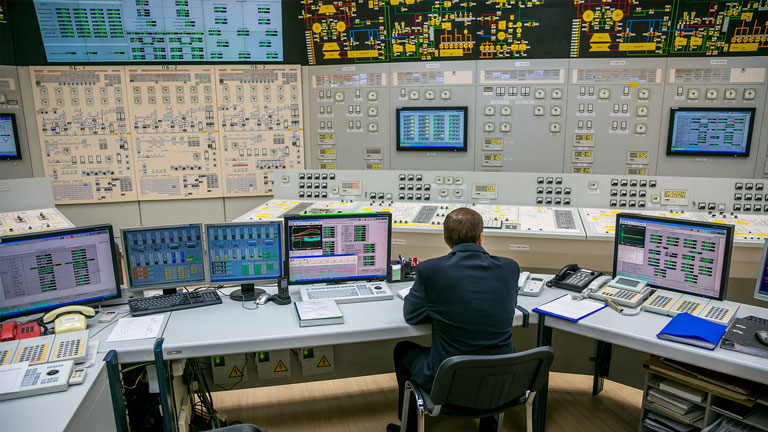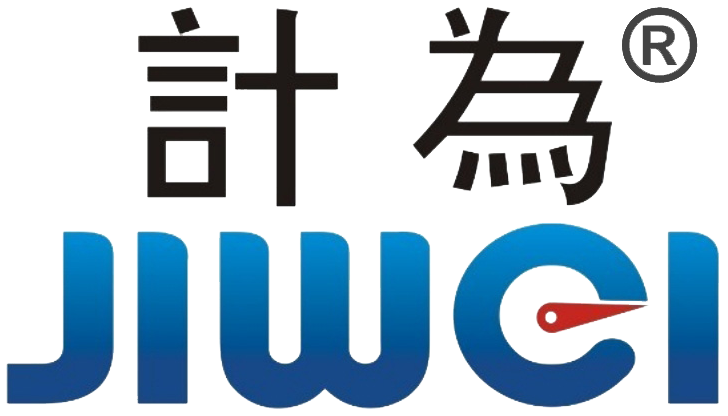SCADA and DCS: Key Differences in Industrial Automation
In modern industrial automation, SCADA (Supervisory Control and Data Acquisition) and DCS (Distributed Control System) are two indispensable core technologies. Although they sometimes overlap in application, they differ significantly in functionality, system architecture, control methods, and application scope. This article provides a comprehensive comparison between SCADA and DCS to help you make informed decisions in real-world scenarios. SCADA and DCS
What is SCADA? SCADA and DCS
A SCADA system is an automation solution used for remote monitoring and data acquisition. Its main functions include:

- Data Acquisition: Collects real-time data from remote sites located across different geographical areas.
- Remote Monitoring: Transmits data to a central control center through communication networks, enabling operators to monitor system status in real time.
- Remote Control: Operators can control and adjust field equipment remotely from the monitoring center. SCADA and DCS
Application Areas: Power grids, water treatment plants, oil and gas pipelines—ideal for managing widely distributed infrastructure.
Technical Highlights:
- Communication Protocols: SCADA commonly uses protocols such as Modbus, DNP3, and IEC 60870-5 to ensure reliable data transmission.
- Data Processing: SCADA systems offer robust capabilities for real-time data analysis and historical data storage.
Case Study: In the power industry, SCADA systems monitor voltage, current, and transformer status in substations. When anomalies are detected, the system automatically triggers alerts and adjusts operations to ensure grid stability.

What is DCS?
A Distributed Control System (DCS) is a comprehensive control solution used for industrial process automation. It features:
- Distributed Control Units: Consists of multiple autonomous controllers, each responsible for a specific process or equipment.
- Centralized Supervision: While individual units operate independently, they are coordinated by a central management system.
- High-Precision Control: Ideal for complex industrial processes requiring stringent control.
Application Areas: Chemical manufacturing, oil refining, pharmaceuticals—any process demanding high accuracy and consistency.
Technical Highlights:
- Control Strategies: DCS systems use pre-programmed strategies such as PID control and fuzzy logic to maintain stability and precision.
- System Integration: Easily integrates with enterprise systems such as MES (Manufacturing Execution System) and ERP (Enterprise Resource Planning) for full production management.
Case Study: In chemical production, DCS systems control reactor temperature, pressure, and flow. With advanced control algorithms, DCS ensures process safety and consistent product quality.
Key Differences Between SCADA and DCS
| Feature | SCADA | DCS |
|---|---|---|
| Functionality | Remote monitoring and data acquisition | Real-time process control |
| System Design | Centralized architecture with Master/Slave setup | Decentralized architecture with distributed control |
| Control Method | Manual intervention by operators | Automated control through pre-defined algorithms |
| Best Use Case | Geographically distributed infrastructure | Complex, tightly integrated industrial processes |
1. Functional Focus
- SCADA: Primarily designed for monitoring and data acquisition.
- DCS: Focused on process control and automation.

2. System Architecture
- SCADA: Uses a master/slave model, where the master station processes data and manages operator interfaces.
- DCS: Employs a distributed architecture, with autonomous controllers interconnected via a high-speed network.
3. Control Approach
- SCADA: Operator-driven with manual control as needed.
- DCS: Relies on pre-programmed control logic for automated operation and minimal human intervention.
4. Application Scope
SCADA is ideal for:
- Power substations
- Wind farms
- Water supply and wastewater treatment
- Transportation monitoring (railways, highways)
DCS is better suited for:
- Chemical production
- Oil and gas refining
- Pharmaceutical manufacturing
- Food and beverage processing
Choosing Between SCADA and DCS
The right system depends on your specific operational and technical requirements:
- Choose SCADA for remote infrastructure monitoring, where scalability and wide-area communication are critical.
- Choose DCS for precision-controlled processes, especially where safety, reliability, and consistent output are essential.
- For projects that require both broad data acquisition and precise control, consider integrating SCADA and DCS, leveraging the strengths of both.
Conclusion
Both SCADA and DCS play vital roles in modern industrial automation. Understanding their differences allows you to select the most suitable system, ensuring efficient, reliable, and intelligent production management.
Optimize your industrial operations by choosing the right automation system today!
